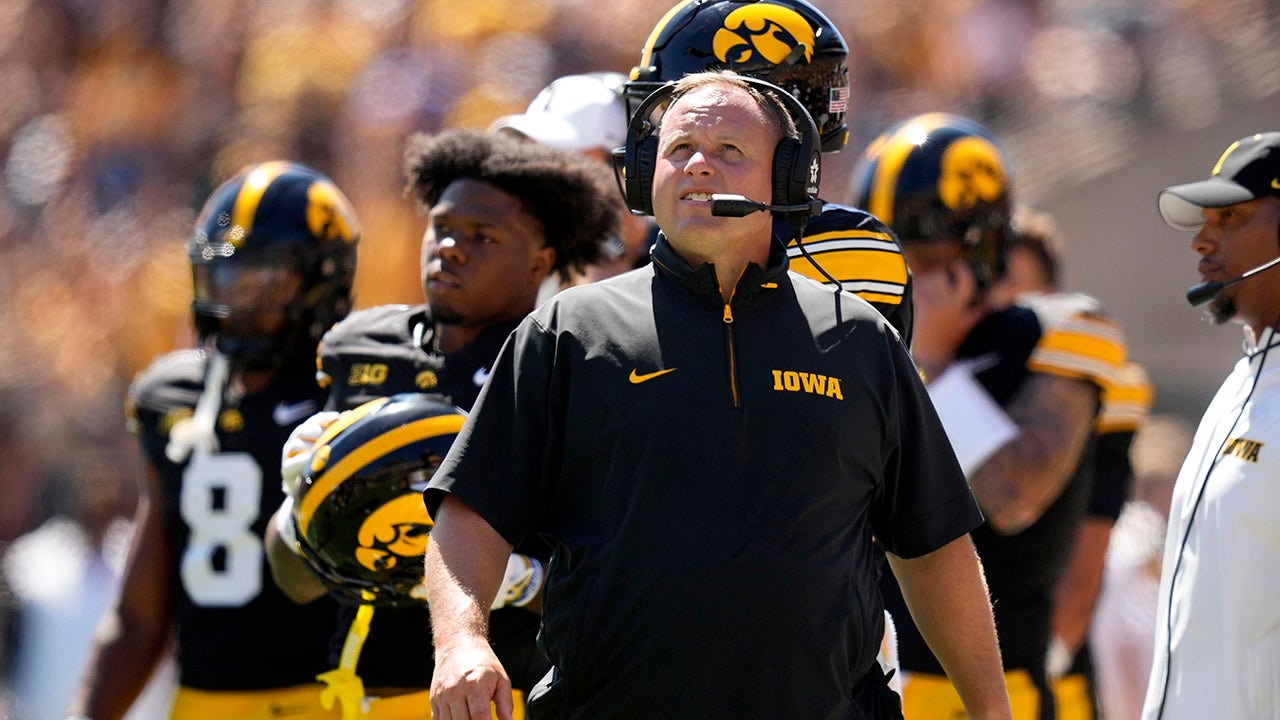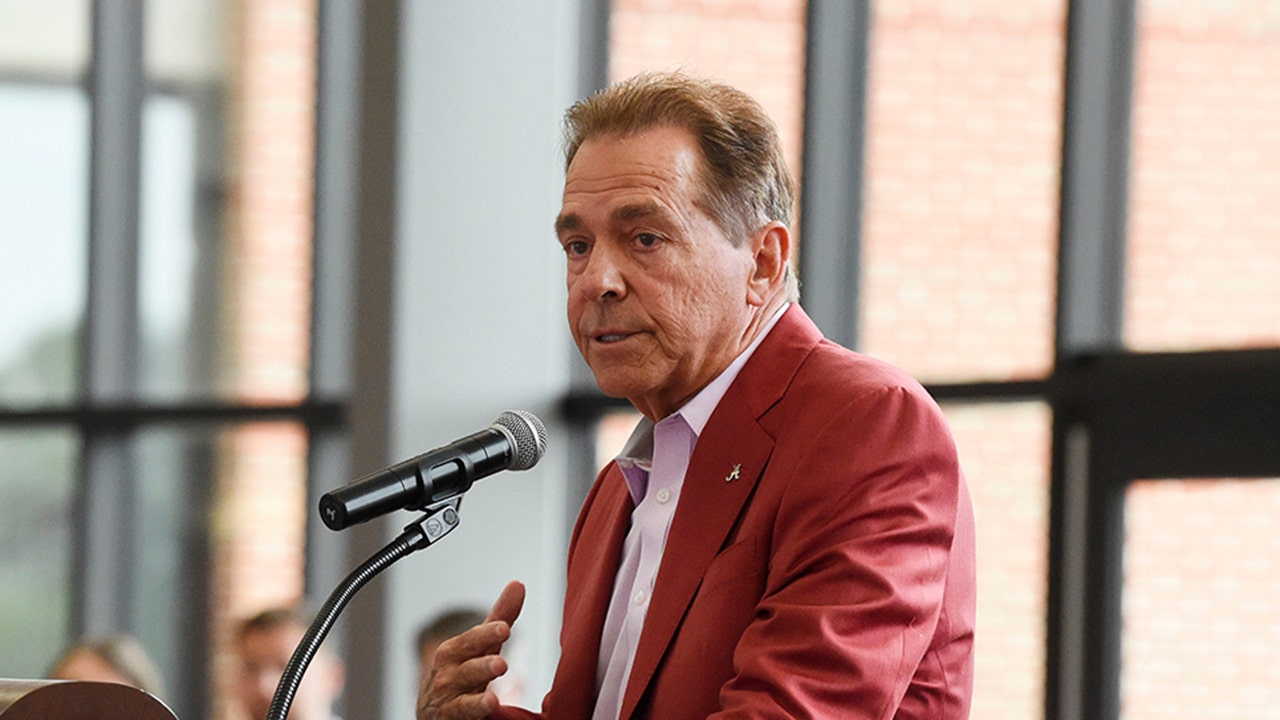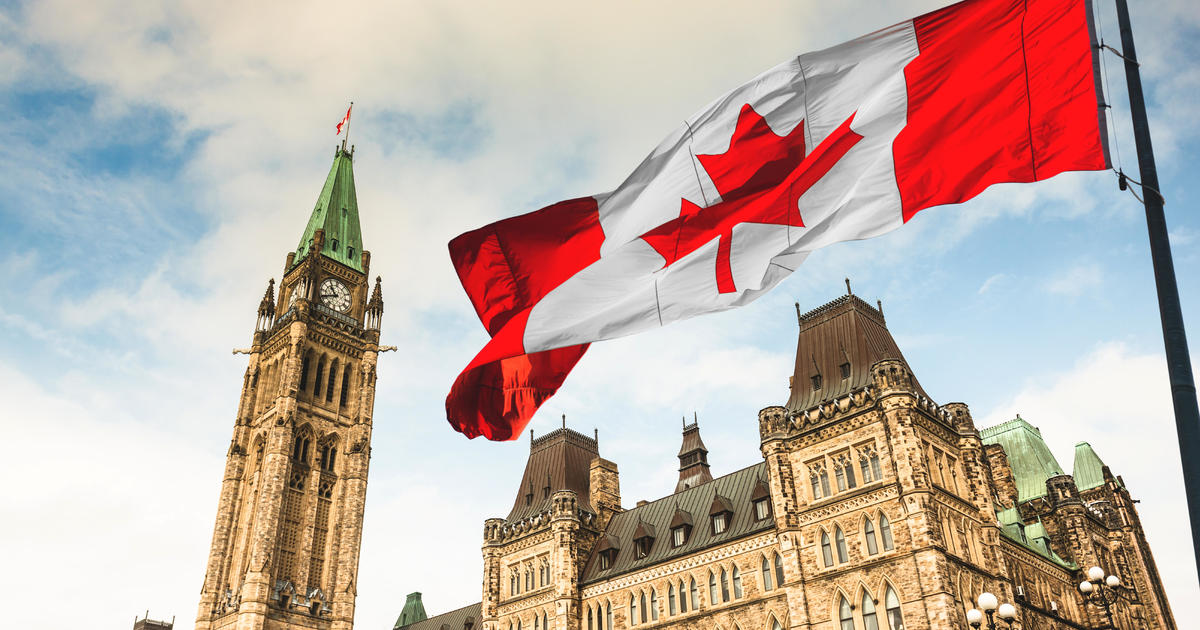Microsoft has pulled a computer-generated travel article on Ottawa, Canada, that included an eyebrow-raising recommendation. Along with popular tourist spots like Parliament Hill, the piece endorsed visiting the Ottawa Food Bank.
The now-deleted article, published this week on Microsoft’s MSN website, is the latest in a long list of flubs from various news sites online that employ technology using algorithms and AI for creating content. The MSN article included the food bank as one of Ottawa’s “cannot miss” tourist destinations, prompting a backlash from some readers on X, the social media site formerly known as Twitter.
“Microsoft is really hitting it out of the park with its AI-generated travel stories,” one X user said in a post. “If you visit Ottawa, it highly recommends the Ottawa Food Bank and provides a great tip for tourists: ‘Consider going into it on an empty stomach.'”
The tourism article was also riddled with errors, according the Canadian CBC. For instance, it included a photo of the Rideau River in a section about the Rideau Canal, and used a photo of the Rideau Canal for information about a Quebec park.
“Algorithmic techniques”
A Microsoft spokesperson told CBS News the article has since been removed from Microsoft’s website and the company is “investigating how [the travel guide] made it through our review process.”
The company said the article was created by “a combination of algorithmic techniques with human review, not a large language model or AI system.”
It added, “The article was not published by an unsupervised AI.”
“Insensitive” content
According to a screenshot of the original article, the oddly written piece ranked the Ottawa Food Bank as the No. 3 tourist destination in the Canadian capital.
“The organization has been collecting, purchasing, producing, and delivering food to needy people and families in the Ottawa area since 1984,” the guide said. “Life is already difficult enough. Consider going into it on an empty stomach.”
The nonsensical article underscores the importance of human judgement in shepherding computer-generated content, Ottawa Food Bank Communications Manager Samantha Koziara told The Verge, which earlier reported on the AI travel guide.
“The ’empty stomach’ line is clearly insensitive and didn’t pass by a (human) editor,” Koziara said. “To my knowledge, we haven’t seen something like this before, but as AI gets more and more popular, I don’t doubt an increased number of inaccurate/inappropriate references will be made in listicles such as this.”
AI blunders
Microsoft’s article is the latest in a series of blunders by media organizations experimenting with content authored by AI and other computer programs.
Snapchat’s My AI chatbot on Tuesday posted a random story with no explanation or responses when questioned by users, at least one of whom tweeted they were “FREAKED OUT.”
Earlier this year, BuzzFeed published roughly 40 AI-generated travel guides that repeatedly used phrases like “Now, I know what you’re thinking,” and “hidden gem,” technology news site Futurism reported. CNET last year published AI-generated articles that proved to be littered with errors.















































